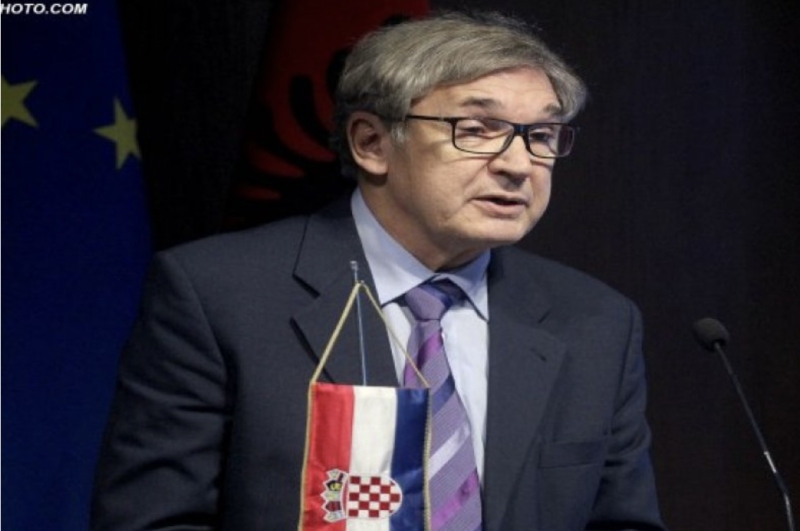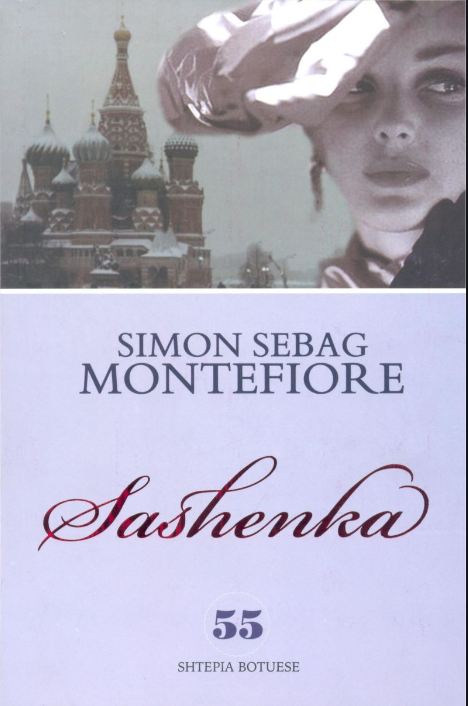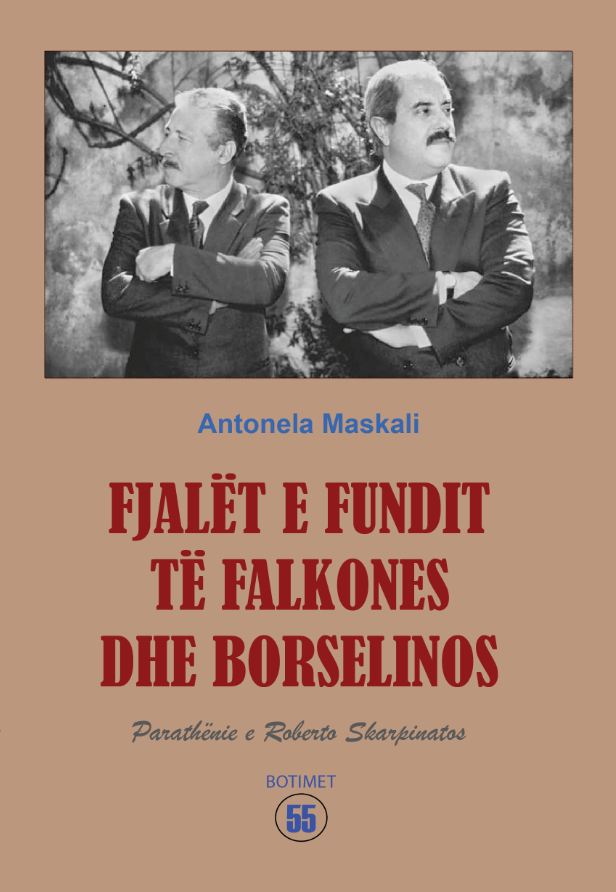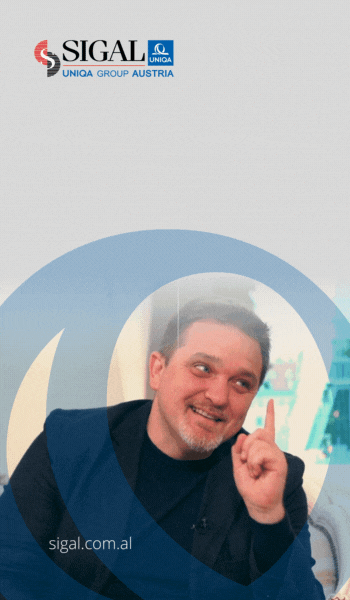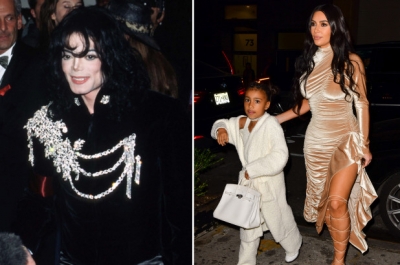"If you really want to solve the crisis situation in Kosovo, the only possible solution, under these circumstances, would be a complete and sincere unity among all EU members. Any other approach means maintaining the existing relations, or in other words, the status quo. Palliative solutions do not lead to
progress; they could and would not solve the crisis."
This was the quintessence of the opinion expressed by Croatian Ambassador to Albania Zlatko Kramaric in an exclusive interview when asked about the 'unending' conflict between Kosovo and Serbia which has been aggravated over the last months.
According to the Ambassador, Kurt's position is quite delicate and he has to be very careful about his political moves. "It is not easy "to steer the ship" between Scylla/Washington and Charybdis/Brussels and satisfy all their expectations! Do not forget the expectations of the domestic opposition and the increasingly impatient public.
Everyone is tired and fed up with the fact that the status of Kosovo is still being discussed."
From his point of view, the EU still does not have a unified strategy towards the Western Balkans countries. "This uncertainty is completely understandable. Even though these countries are in the same (geo) political space, they share a common past and there are huge differences among them. These differences should be respected. Every individual move should be honored, and there is no time to wait the less diligent countries to do their homework."
In a comment on Kurti's visit to the cities of Tetovo and Skopje/ the municipality of Cair, North Macedonia, Mr. Kramaric considered it extremely important sending a strong message. "It is obvious that a powerful member of the international community is behind this unexpected visit. And that's a good sign. But, it still does not mean that all problems have been solved. Therefore, all actors are waiting for him to make a wrong political move and the mention of "Greater Albania" is certainly not a desirable political narrative. It would be good if Kosovo's political elites could forget about some flags from the recent past."
Touching upon the Summit of the Berlin process to be held in Tirana in October, the Ambassador pointed out that since 2014, the initiative has been an important driver of regional cooperation with an aim to advance EU agenda in the countries of the Western Balkans. "But there is still a lot of work ahead. Croatia will remain a reliable and engaged partner in this format and in any future concepts of cooperation given that only European integration guarantees the long-term stability of Southeast Europe."
Asked about lessons that should have been drawn by EU from the Ukraine war in connection with WB's integration process, Mr. Kramaric thinks that Russia's Putin should have been stopped on time and the occupation of Crimea should not have been allowed in 2014.
"If we look at all these political events in Bosnia, Kosovo, Montenegro... then it is more than clear that these events are part of a wider scenario. If these negative processes are not stopped on time, there are serious conflicts in the Western Balkans area to come."
Answering a question on the situation in the world on the eve of the annual session of the
UN General Assembly in New York in September, the Ambassador said that thereis no doubt that the war in Ukraine is Putin's demonstration of new power relations in the world. "In recent history there are many positive examples, the creation of a broad coalition against Hitler, a coalition that was not burdened by major ideological differences. We must be aware that we live in very similar times. In conclusion: the issue of the war in Ukraine is above all a moral issue, a great test which the international community either passes or fails!?" said Ambassador of Croatia to Tirana Ziatko Kramaric in the following interview:
Albanian Daily News: It would be my pleasure to have some of your opinions regarding the 'unending' conflict between Serbia and Kosovo despite EU and US efforts to find common ground between them. Do you think the next season will bring about any change of the situation or there will be on- and- off violent confrontations resembling the situation in Palestine?
Ambassador Zlatko Kramaric: If you really want to solve the crisis situation in Kosovo, the only possible solution, under these circumstances, would be a complete and sincere unity among all EU members. Any other approach means maintaining the existing relations, or in other words, the status quo. Palliative solutions do not lead to progress; they could and would not solve the crisis.
To be honest with you, I'm not an optimist and I don't really see a way out of this impossible situation in a near future. No one in the international community shows any desire to untie this 'Gordian knot! I don't see anyone, who really wants to be the modern Alexander the Great! I am more than sure that you would agree that after the war in Ukraine nothing is the same.
- How come that Brussels and Washington cannot convince the parties to finish the work on any comprehensive agreement? Are there expectations that with the start of the annual general session of the UN General Assembly in September there might be any moves?
- From my point of view, the EU still does not have a unified strategy towards the Western Balkans countries. This uncertainty is completely understandable. Even though these countries are in the same (geo) political space, they share a common past and there are huge differences among them. These differences should be respected. Therefore, it seems to me that some combined approach to these countries would be much more adequate.
Every individual move should be honored, and there is no time to wait the less diligent countries to do their homework. Such approach is not good, because it slows down the expansion process and "good students are punished".
We saw the failure of the Open Balkans project. We do believe that the same will not happen with the Berlin process. Finally, serious and powerful countries stand behind this project... in every possible way!
- Serbian Fresident densandal acre seems co be a a consere sacon hack a de blame falling on Kosovo Prime Minister Albin Kurti, holding him responsible for the latest tension. Even Albanian PM Edi Rama keeps up his rhetoric against Kurti... He goes further justifying Vucic not only on his stance regarding the latest developments but also for the 'fraternal' relations with Putin.
-I'm not quite sure how comfortable Vucic's position really is. Finally, it is in his interest to resolve this situation as soon as possible. If he really cares about Serbia's European path, everything else is irrelevant. To be honest with you, Kurt's position is quite delicate. He also has to be very careful about his political moves. It is not easy "to steer the ship" between Scylla/Washington and Charybdis/Brussels and satisfy all their expectations. Do not forget the expectations of the domestic opposition and the increasingly impatient public. Everyone is tired and fed up with the fact that the status of Kosovo is still being discussed. Therefore, I think that his recent visit to North Macedonia, the cities of Tetovo and Skopje/ the municipality of Cair, was extremely important. A strong message has been sent.
It is obvious that a powerful member of the international community is behind this unexpected visit. And that's a good sign! But, it still does not mean that all problems have been solved. Therefore, all actors are waiting for him to make a wrong political move and the mention of "Greater Albania" is certainly not a desirable political narrative. It would be good if Kosovo's political elites could forget about some flags from the recent past.
And the fact that Balkan politics is dominated by a selective approach is perhaps best seen in the comments of the Serbian political public about Kurt's informal visit to North
Macedonia.
Serbian political commentators noticed the presence of the Albanian flag in Tetovo and Cair/Skopje. And they consider that an unacceptable political act. They see in that act only elements of conscious political provocation.
And we could partly agree with the view that it is not wise to parade symbols on the territory of another country, which could irritate the host. And those (foreigners) who are less familiar with the complex historical relations in the Balkans could interpret such phenomena in the wrong way. But that is where all our approval of such a principled position ends. Because, that same 'critical and principled' Serbian public never thought of critically commenting that Serbian politicians behave in the same way. Namely, Serbian politicians believe that it is most normal in Montenegro to parade with Serbian flags.
Finally, we ourselves have witnessed that on many occasions exclusively Serbian flags are flown in Montenegro, flags of other countries on the independent territory of independent states. And that's like okay! And there is no better situation in the Republika Srpska either.
In that BiH entity, it is impossible to see the official flag of Bosnia and Herzegovina.
-Ageneral view of the Western Balkans against the background of the expected Summit of Berlin Process to be held in Tirana in October...
- Since 2014, Berlin process has been an important driver of regional cooperation with an aim to advance EU agenda in the countries of the Western Balkans. In that regard, the summit of the Berlin process, which will be held in Tirana in October, confirms its important role in the context of efforts to overcome the social and economic advancement of the Western Balkans countries. But there is still a lot of work ahead. Croatia will remain a reliable and engaged partner in this format and in any future concepts of cooperation given that only European integration guarantees the long-term stability of Southeast Europe.
- How come that lessons from the Ukraine war are not drawn by the EU regarding WB's integration process?
- History teaches us that any hesitation in politics is very expensive. Hesitation is a sign of weakness. Russia/Putin should have been stopped on time. In 2014, the occupation of Crimea should not have been allowed. Before that, in 2008, there was a war in Georgia. In this context, February 2022 is a logical consequence of what Putin announced in his famous speech in Munich in 2007.
If we look at all these political events in Bosnia, Kosovo, Montenegro..., then it is more than clear that these events are part of a wider scenario. If these negative processes are not stopped on time, there are serious conflicts in the Western Balkans area to come. It cannot and it should not be the interest of the EU!
Therefore, the EU must do everything in order to prevent these potential conflicts on time. This would be possible only with the radical change in the approach to the Western Balkans. Namely, it is clear to everyone that the existing strategies are not successful. Tolerating those who sit on two (and more chairs does not give positive results. It is high time to give up such a sterile policy, because it is not normal that certain countries want to become full members of the EU, and at the same time in practice implement an anti-European policy, refusing to impose sanctions on Russia...
- In general, as the UN will start its annual session of the General Assembly, how do you see the situation in the world? Is the Ukraine war a warning how fragile international peace is? Is it high time that a new world order should be established in face of the worsening global crisis in many aspects?
- There is no doubt that the war in Ukraine is Putin's demonstration of new power relations in the world. For this demonstrative exercise, Putin had the full support of China.
(At least at the beginning of the aggression)! However, it is high time to ask ourselves what, in fact, this change of power relations in the world means? What are the real consequences of this change? Is it a step toward a better world' (Immanuel Kant) or do these changes mean the definitive defeat of liberal democracy and its values? The Western Roman Empire faced a similar dilemma in the Sth century AD. And if liberal-democratic societies do not have adequate answers to all the political and economic challenges of today, they will "pass away" like that empire. I do believe that today's leaders of the free world are aware of their responsibility and that they will manage to find the right answers to these challenges.
I have no illusions that this will happen soon (annual session of the General Assembly), but one should hope. Finally, in recent history there are many positive examples, the creation of a broad coalition against Hitler, a coalition that was not burdened by major ideological differences. We must be aware that we live in very similar times. In conclusion: The issue of the war in Ukraine is above all a moral issue, a great test which the international community either passes or fails!







